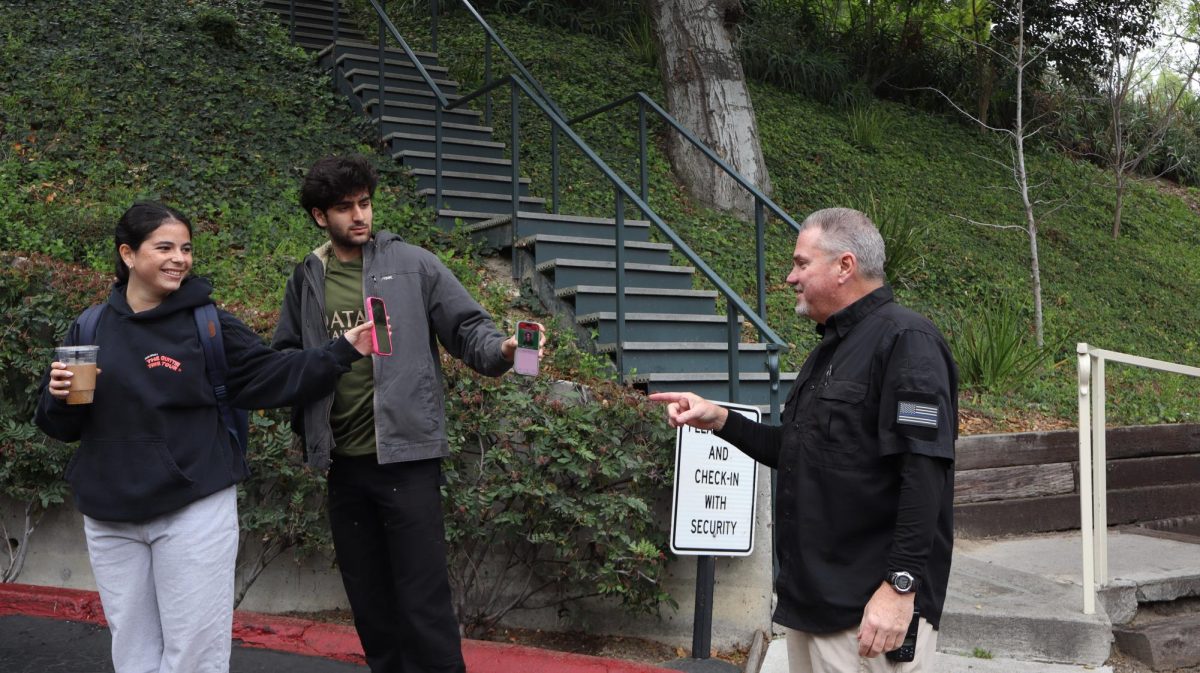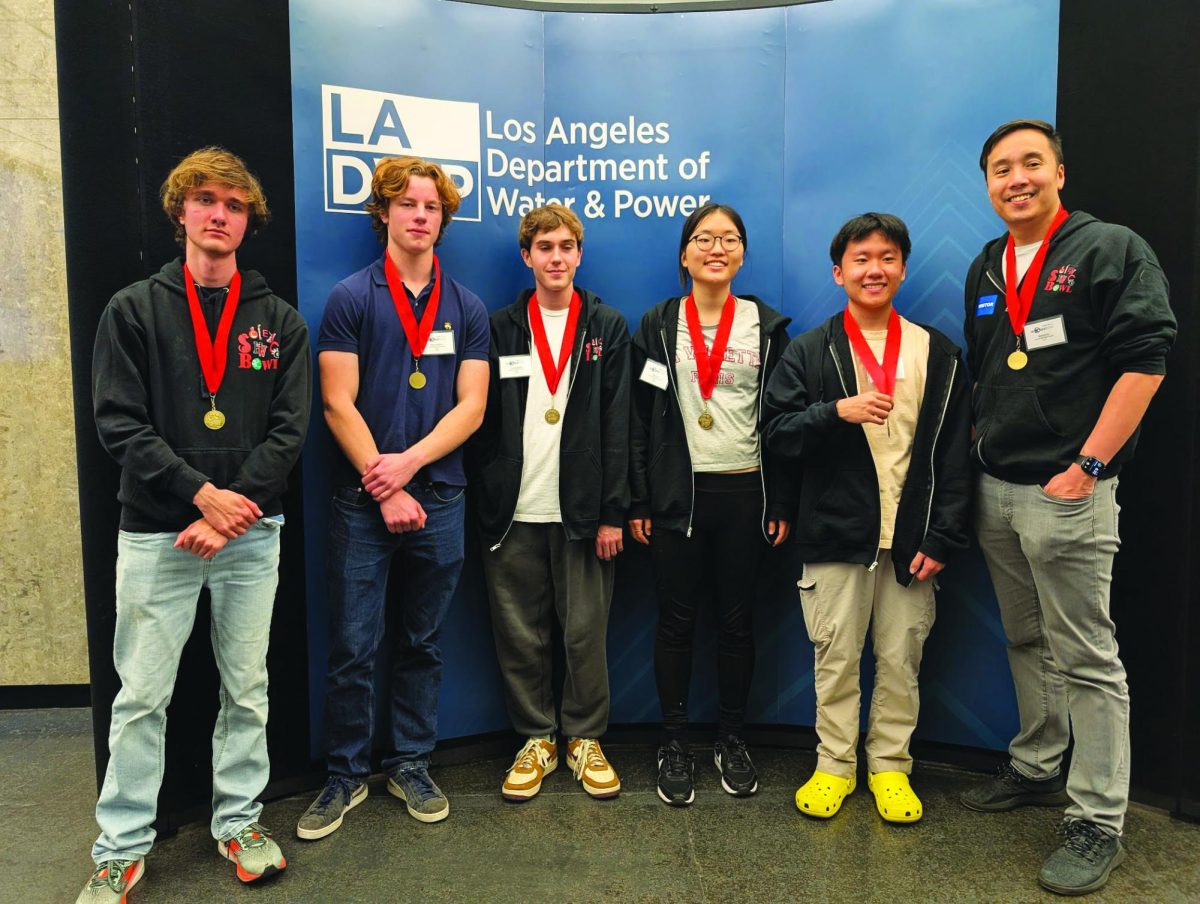By Jordan Freisleben
Josh Oreman â09 could not have imagined a better summer job. Not only did the current MIT freshman work out of his house, he was one of five students accepted for a particular technology project sponsored by a multi-billion dollar company.
For 12 weeks, Oreman worked for the Etherboot Project, one of 130 projects sponsored by Googleâs Summer of Code.
âYou want to pick [a program] that youâre going be motivated to spend 12 weeks, and hopefully more than that, on,â he said. âThe goal is that youâre going to come across people who really like working on this stuff and are willing to do it for free.â
Since 2005, Google sponsors about 1000 students to work on open source projects. Several projects apply to Google to have students sponsored to work on them. Once Google accepts only a limited amount of the projects, students can then apply for particular projects through the Summer of Code interface. Each project gets a certain number of slots for sponsored students; this year, the Etherboot project was given five.
â[The Etherboot project is] an open source project working on network booting software â itâs small program you can install on your computer so when you start up your computer instead of booting off a hardrive, it boots off a server on the network,â Oreman said.
Oremanâs job entailed furthering the development of the program.
âI worked on adding wireless support so that you could start on a wireless card in addition to a normal wired network,â he said. âSo I added basically a full stack of support for the general wireless network operation with encryptions and stuff that people commonly use.â
Although it was Oremanâs first time being sponsored by the Summer of Code, he had known about the program for a couple of years.
âWhen I found out, I was too young to participate because they require students to be at least 18 and in college,â he said.
He received the job opportunity through Google, but it was the Etherboot Project that oversaw all of Oremanâs work.
âGoogle only provided the infrastructure to manage 1000 students and the money, itâs the project who decides whether the student has done good enough work to get paid,â he said.
Oreman submitted his proposal at end of March to apply to Summer of Code program, for the particular project. Despite the array of over 100 different Google-sponsored projects, the Etherboot project appealed most to him.
âI like the networking aspect [on Etherboot], I had done a lot of easier level stuff with networking , setting systems up and such, but I never really learned about how they work on a low level and this gave me that opportunity,â he said. âThe Etherboot project has some extremely skilled developers, and is really, really unusually well written and designed, which made it a joy to work on.â
For Oreman, the opportunity at Etherboot Project was not just a paid job, but also a learning experience.
âI think itâs good experience, looks good on a résumé, and it taught me a lot. In addition to just the coding aspects, I did things like working with a community of developers, learning about systems of how wireless networking works,â Oreman said. âItâs a really valuable experience and I was really glad that I was able to do it.â






























